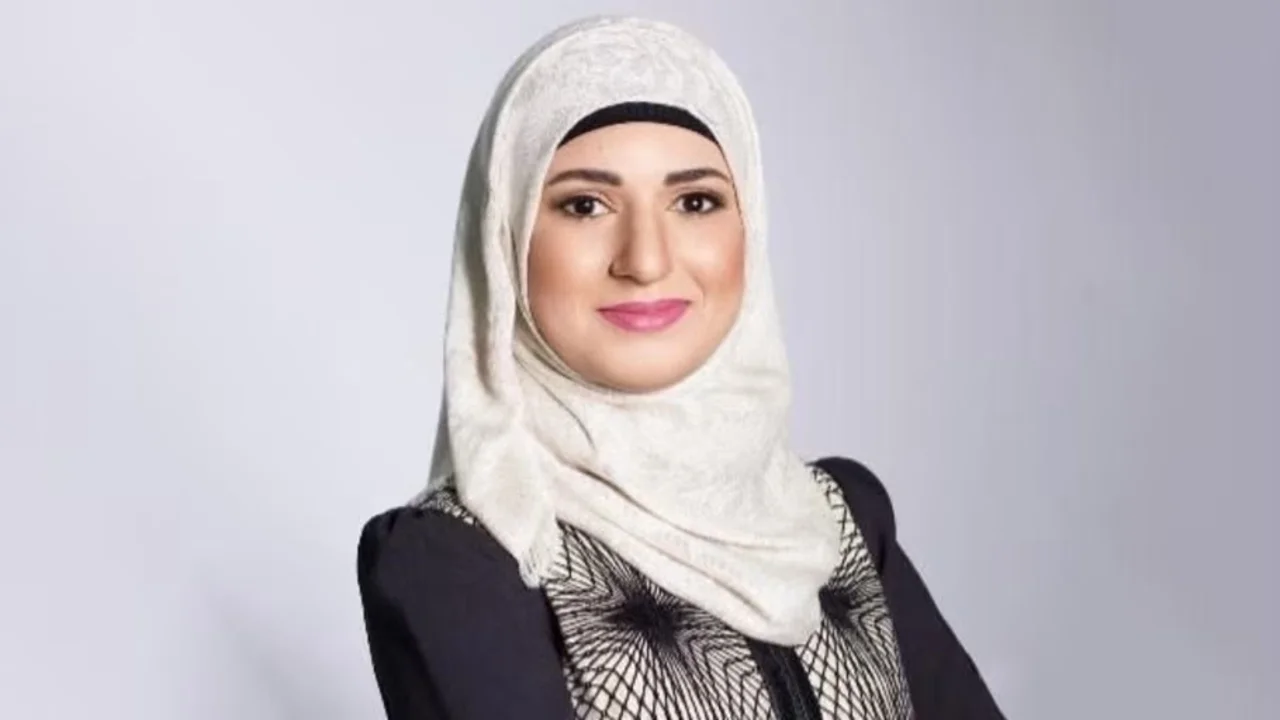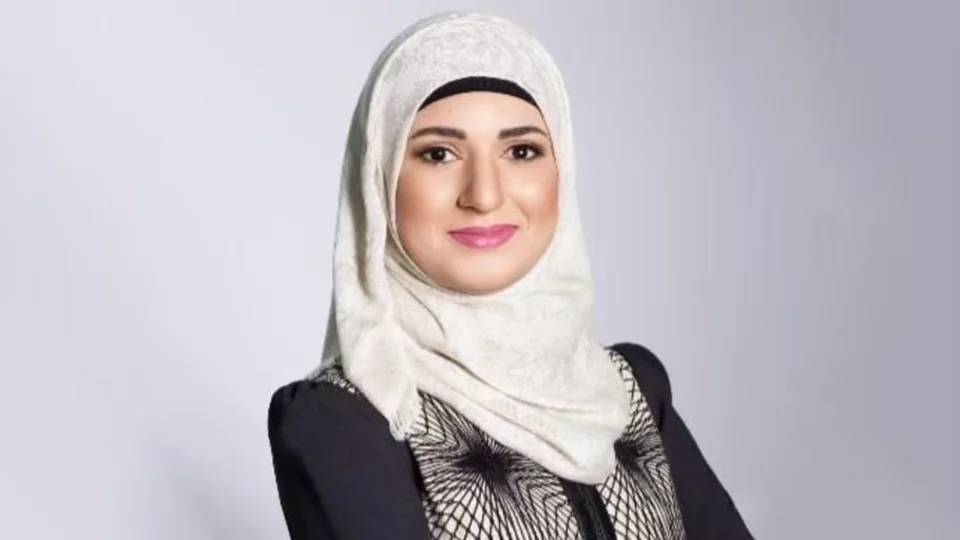
Nazek El-Atab chosen to attend the 70th Lindau Nobel Laureate Meeting
Nazek El-Atab, a postdoctoral research fellow, based in the KAUST MMH Labs has been chosen to attend the 70th Lindau Nobel Laureate Meeting. After completing a thorough multi-stage application and selection process, El-Atab was selected to participate in the event scheduled to take place from June 28 to July 3, in Lindau, Germany.
About
By David Murphy
Nazek El-Atab, a postdoctoral research fellow, based in the KAUST MMH Labs has been chosen to attend the 70th Lindau Nobel Laureate Meeting. After completing a thorough multi-stage application and selection process, El-Atab was selected to participate in the event scheduled to take place from June 28 to July 3, in Lindau, Germany.
The Lindau Nobel Laureate Meetings have taken place annually since 1951 to allow researchers and laureates to discuss the latest developments in the Nobel Prize natural science disciplines: physiology and medicine, physics, and chemistry. This year’s meeting will focus on interdisciplinary sciences and presents an opportunity for 650 young scientists from 100 countries to meet with approximately 70 Nobel Laureates in a cross-generational, multidisciplinary exchange of ideas and research.
On her selection, El-Atab said, “I am extremely honored to have been selected among the 650 most qualified applicants to attend the meeting, which will be a once in a lifetime experience. The selection honors the nominees’ achievements, and thus it is very rewarding to know that my hard work is being recognized.”
“This event will allow me to interact with the brightest minds and promote KAUST’s research through invaluable scientific discussions. I am looking forward to being inspired by different research projects and interdisciplinary ideas, and I hope this exposure will spark many ideas for solutions to projects I am currently or will be working on.”
Notable early-stage research
Before joining KAUST in October 2017, El-Atab obtained her B.Sc. in computer and communications engineering (2012) from the Hariri Canadian University, Lebanon, and her M.Sc. in microsystems engineering (2014) and Ph.D. in interdisciplinary engineering (2017) from the Masdar Institute of Science and Technology, UAE. The early-stage researcher has also received several notable awards, including the L’Oréal-UNESCO 2015 For Women in Science Middle East Fellowship and the L’Oréal-UNESCO 2017 International Rising Talents Award; she was also featured in UNESCO’s 2019 “Remarkable Women in Technology” Exhibition.
El-Atab states that she was compelled to join KAUST and the MMH Labs research group due to Professor Muhammad Hussain’s research pedigree and his group’s collective achievements.
“The high-impact research projects Professor Hussain is working on compelled me to join his group as a postdoctoral researcher and to learn from his vast experience and widen my research experience,” she noted. “I am deeply indebted to him for nominating me to take part in the meeting and for continuously supporting my personal and professional development. He is the finest advisor that any postdoc could ask for, and I feel extremely lucky to have had the chance to work with and learn from him.”
Research direction
During her time at KAUST, the Lebanese researcher has worked on several high-impact research projects focusing on the design and fabrication of futuristic electronics. “I have worked on the development of high-efficiency ultra-flexible and stretchable silicon solar cells where I have shown their capability to stretch by up to twice their original size with no degradation in the performance using a corrugation based approach,” she elaborated.
Her research has also focused on the development of a new integration and packaging technique for electronic devices for internet-of-things (IoT) applications. So far, El-Atab has applied this system to apparatuses used for food and water control such as fish farming ponds.
“We call this technique “multi-dimensional integration of circuits” because of its capability to integrate heterogeneous devices and materials on both sides of the wafer, which are then folded into a 3D architecture to achieve a high-performance, compact system with a reduced area and cost,” she explained.
“I have also worked on the development of microfluidic logic gates to enable complex computations using fluids. These devices differ from the previously reported ones in their ability to operate using any fluid with a straightforward interpretation of inputs and outputs. These devices are especially promising for fields where the dominant medium of operation is fluidic.”
With her future research, El-Atab hopes to further contribute to technological advances that will improve the world and society at large. “I aspire to create research that makes us live a healthier, safer, and more productive life. In specific, I am interested in developing memory devices that can remember our actions and surrounding environment. I would like to refer to these devices as MEMSORs because they will be performing the roles of both MEMory cells and senSORs at once. Such devices would contribute to reducing the number of required devices, power consumption, footprint area and ideally the cost of future integrated systems.”
